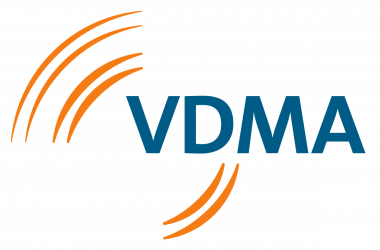ReHubs: First General Assembly
During its first General Assembly, 18 European companies and organisations have formally joined ReHubs. They represent different segments of the circular textile value chain and share a common commitment to invest in textile recycling capacity in Europe. Additional partners are expected in the near future.
Current ReHubs partners are BASF, Boer Group, Coleo, Concordia Textiles, Decathlon, EURATEX, Gherzi Textil Organisation, Inditex, Indorama Ventures, Mango, PEPPER-i2, Purfi, Ratti, Recover, Refashion, Resortecs, Rester, RETEX.GREEN and TEXAID.
All partners will support ReHubs Executive Director, Chris Deloof, to kick start activities in the coming months. ReHubs partners will elaborate together on further steps and activities for the forthcoming work plan and the development of the European Textile Recycling Roadmap.
Chris Deloof commented: “I am delighted to see such a strong group of organisations teaming up with ReHubs. They are a great example of how to establish a new circular textile value chain in Europe. We need to focus now on rolling out ReHubs investment projects and further expanding our partners and investors network.”
ReHubs
ReHubs













